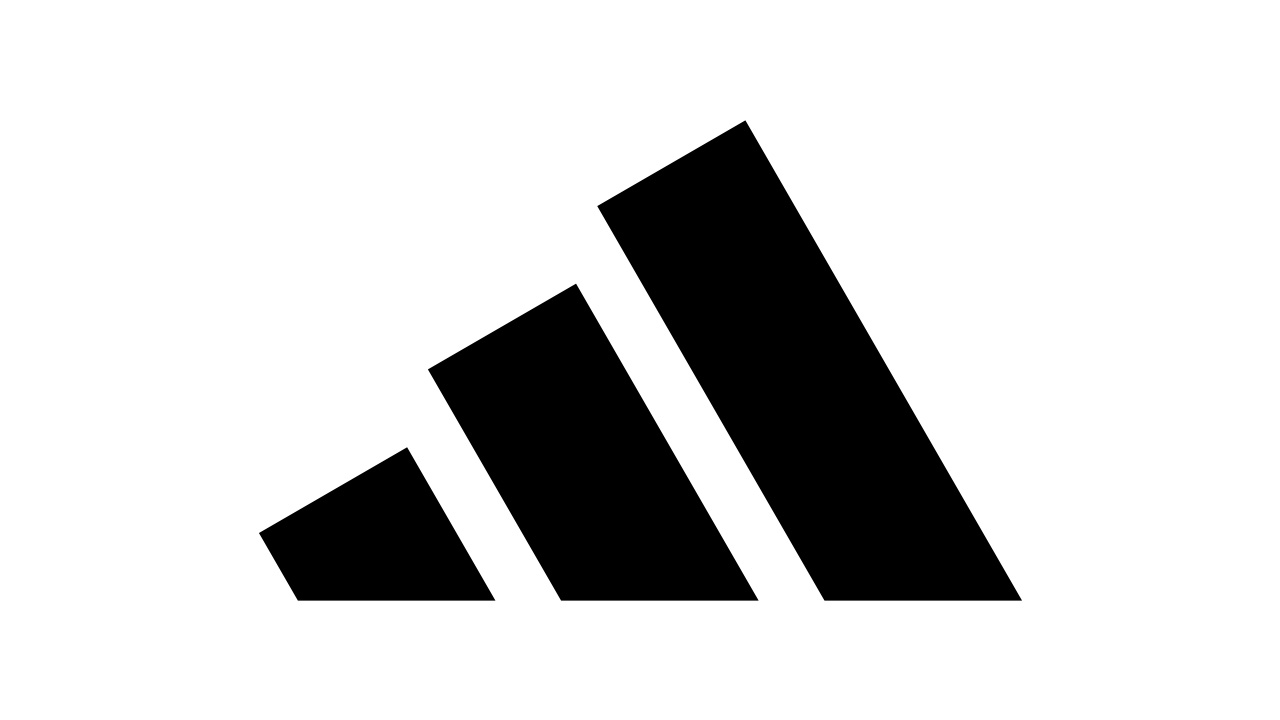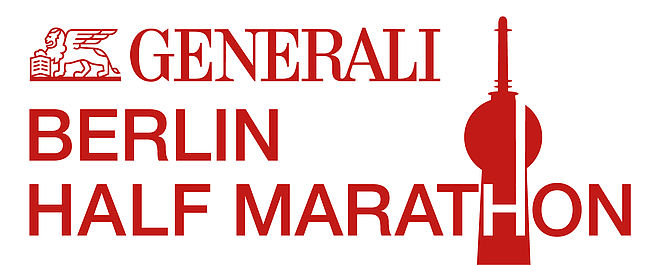Running a marathon requires continuous, long-term preparation. With the greater goal still far away when you start building up for the big day, it is a good idea to include some races covering shorter distances in your training schedule from the very beginning – stretching the long road to the marathon, providing fresh motivation and helping you to track and improve your running fitness. “Racing is the best method of training” goes the running jargon. Races can indeed be particularly helpful for improving your form, developing physical, psychological and tactical abilities simultaneously. However, it is important to be both systematic and mindful of the dosage.
Systematic training means: as the competition date draws closer, your training runs will become ever more specific, increasingly matching race pace or distance. However, training and competition are two different pairs of shoes. The “tempo run” training method comes quite close to this race standard, although it does not produce the same adrenaline rush that a competition does. It is not uncommon for runners to grow beyond themselves in the actual race and run up to 10% faster than they might in a comparable tempo run. Thus, this method achieves the highest possible quality, resulting in correspondingly high training effects.

For tempo run distances between 5km and 10km, exercise intensities are slightly above the anaerobic threshold (approximately 88 to 94 % of your MHR). Through physiological performance tests this threshold can be determined quite precisely. As concerns physiological benefits, long-distance runs within this intensity range will develop your cardiovascular system (oxygen transport capacity), advance the aerobic use of carbohydrates (for example, glycogen) and optimise lactate compensation resulting in more stamina and an improved ability to stay the pace. "Sub-distance” competitions therefore make you faster and are important stepping stones on the road to the marathon.

Another positive aspect of competitions lies in the learning experience that they provide: you learn how to optimally budget your strength, you get a feeling for the right tempo (control your time splits) and you can test certain race tactics. Steadiness is imperative for an optimal race plan, this holds true for shorter distances as it does for marathons. Even sub-distance races can end in despair if nerves, eagerness or competition cause you to go out too fast.
However, if you only focus on races and exercise less in between, you will not get ahead. Competitions necessitate time to recover and regenerate, which is not possible if you race too frequently, neglecting your basic training and straining both your ability to recover and your general health. If you are preparing for an autumn marathon as a season highlight, you can improve your speed base with a few competitions, as well as dedicated interval training sessions from April to July, before the longer tempo runs (both steady and fartlek) and long jogs begin to dominate your training.

The recommended dose of competition for this specific marathon preparation phase – 16 to 12 weeks before the marathon – should include one or two races over 10km, as well as one half marathon as a "test run”. With the goal of BMW BERLIN-MARATHON (24 September) in mind, the Adidas Runners City Night (29 July) and the SportScheck Stadtlauf Berlin (20 August) are the ideal test events for Berlin locals and visitors. Since most participants of the BMW BERLIN-MARATHON are living elsewhere, here´s what we recommend: Find your competitions somewhere in your vicinity or do a “test race” with friends of yours by simulating race conditions.
Test competitions provide an excellent opportunity to determine whether your targeted marathon time is realistic. In particular, a half marathon five to six weeks ahead of the marathon, represents an ideal chance to test not only your form, but your race provisions and footwear as well.
*Maximum heart rate (MHR)
Here's more #beatberlin42 advice on how to improve your preparation for the BMW BERLIN-MARATHON 2017:
Check out the course offers of the SMS Medical Institute to work on your performance!
Don't miss the other #beatberlin42 training advice!


